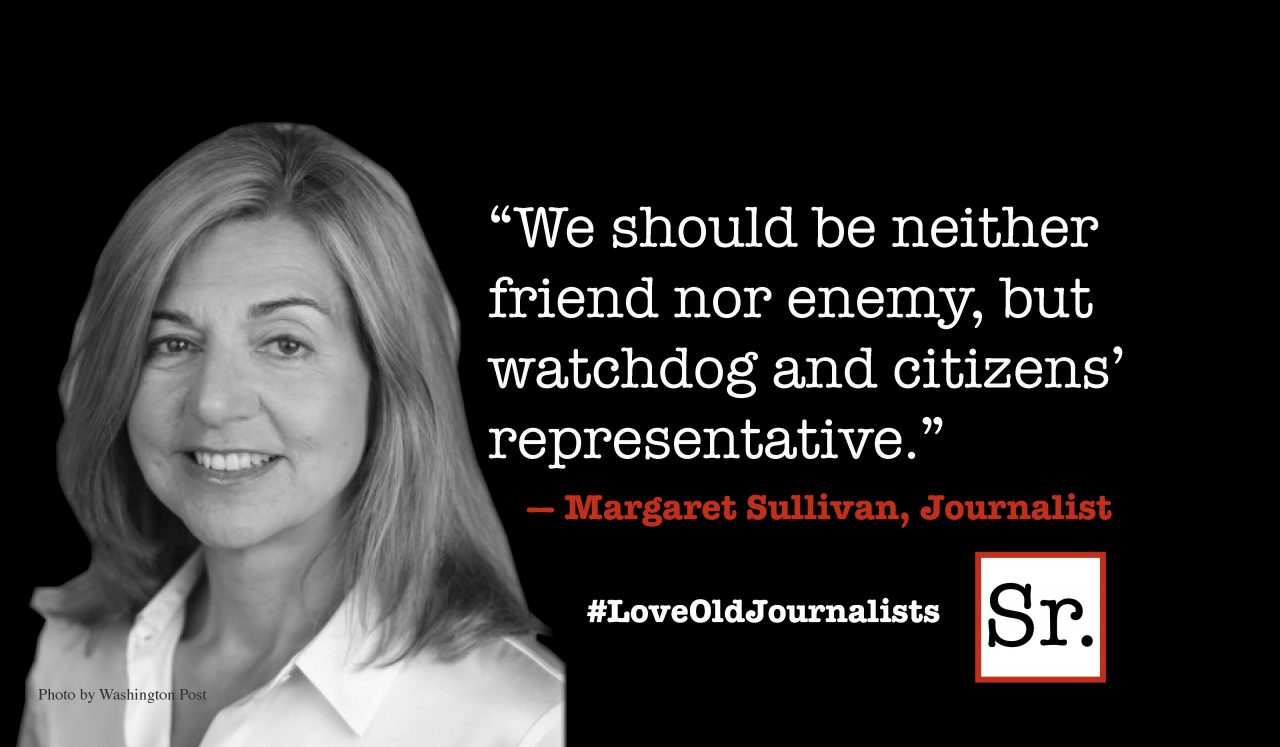Five old friends have included me in a series of far-reaching e-mail conversations about two important social issues — health care and poverty. This week I want to review the first issue in our conversations, and next week the second. All six of us are economically comfortable, without any of us being super affluent. None of us have serious needs we cannot meet. We all have adequate heath care and decent insurance. Two of our number are physicians and the other four are fairly well informed about current health-care issues.
While there is a range of political perspectives, I hesitate to describe them or suggest that friend A is a conservative and friend B is a liberal. While I have little trouble accurately categorizing my own perspective, I’m often mistaken about anyone else’s. But it is clear that in a serious discussion of national issues we represent a range of political viewpoints.
All of us of us have spent most of our professional lives in a conservative part of Northwest Missouri, and have taken seriously the perspective of that region. I know that the moment I attempt to identify what we believe, half of the number will protest the validity of my summary. Nevertheless here goes; this week regarding health care.
What is immediately obvious, at least to me, is the breadth of things about which there is general, if not total, agreement. Here are four of them:
- The only adequate answer to providing universal health care insurance for the American people may finally be some form of a single-payer system, or at least a plan that covers everyone. The most obvious solution is a universal extension of something like Medicare. Given the range of our political perspectives, this almost unanimous conclusion is surprising. The caveat involves how we can produce any universal system without developing just another government bureaucracy. None of us seems ready to crown government with unqualified wisdom.
- The medical system, capped by payment for services, must be replaced by a system in which providers are adequately salaried. The Cleveland and Mayo clinics offer hopeful examples.
- Prevention is critical to decent medical care. That means a better handle on chronic issues such as obesity, diabetes and other preventable pathologies. Smoking and uncontrolled obesity must be the individual’s responsibility. Society cannot continue to pay for disastrous life-styles.
- Every citizen must be part of the solution. If health care is seen as a right, caring for one’s own health becomes a civic responsibility. Everybody must have skin in the game. How that gets enforced or even mandated is a serious unsolved problem.
In other areas of discussion we found no clear agreement, although the breadth of disagreement was never absolute. Here are three questions which still divide us.
- Are there useful models in nations which have already developed an insurance system covering practically everyone? Do the English, Canadian, French, or Swiss systems provide clues to where we could profitably be headed? Or are the problems inherent in all of these systems insurmountable?
- Are there ways to solve the insurance problem without relying on the government, which may already be far too intrusive in America’s health care system? Have we exhausted the ability or willingness of the private sector to address the critical problems?
- Is the Affordable Care Act part of the answer or just an extension of the problem?
Perhaps there is beginning to arise a national consensus centering on both our areas of agreement and those things about which we disagree. Nevertheless, there may exist an unbridgeable gulf between any general consensus as to the future of health care, and what Congress is willing to do. Even if a single-payer system makes sense, the current composition of Congress will reject even a discussion of the matter.
Next week we will take a look at what our modest group holds about poverty and the growing gap between America’s rich and America’s poor. Since none of us lives below the poverty line, and all of us desire to keep our standard of living about where it is, areas of agreement will tend to be somewhat more narrow. Even so, a common respect for each other’s opinions may offer a model for the larger necessary discussion.
It would be interesting to hear about conversations you are having with your friends.








